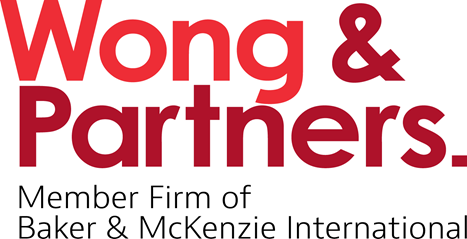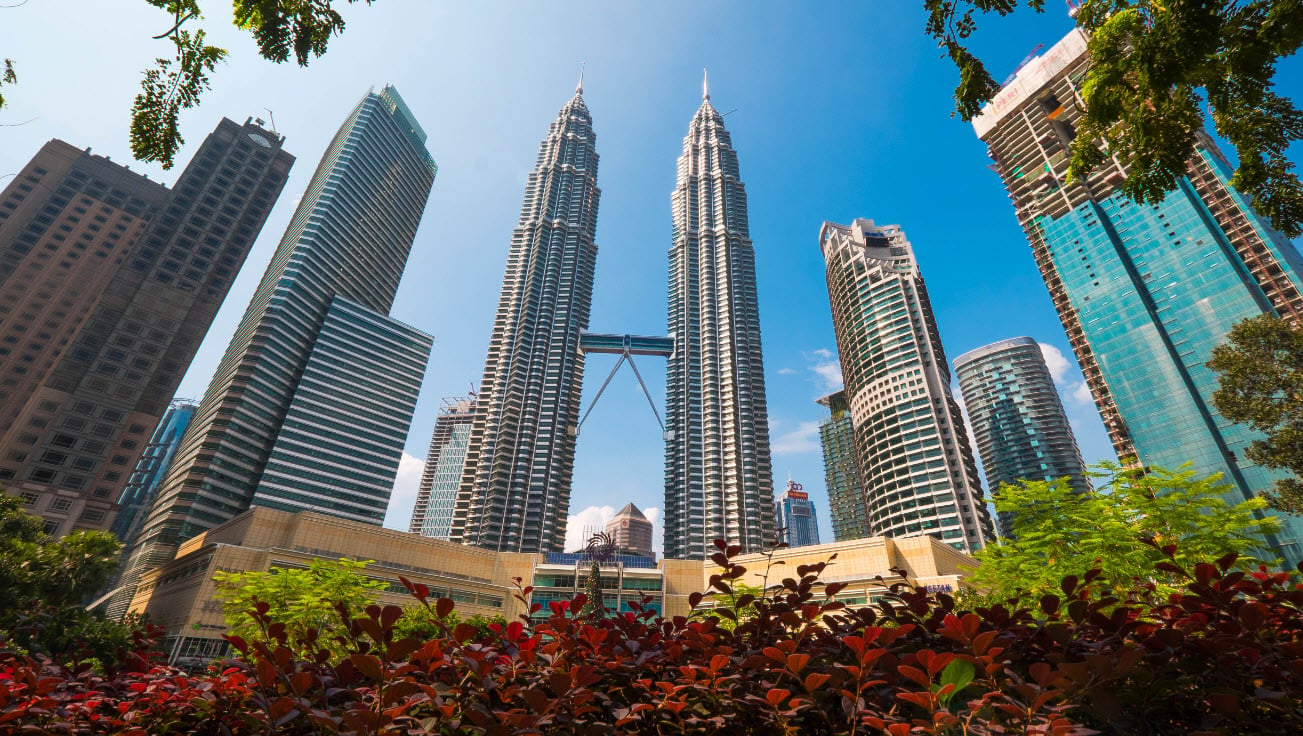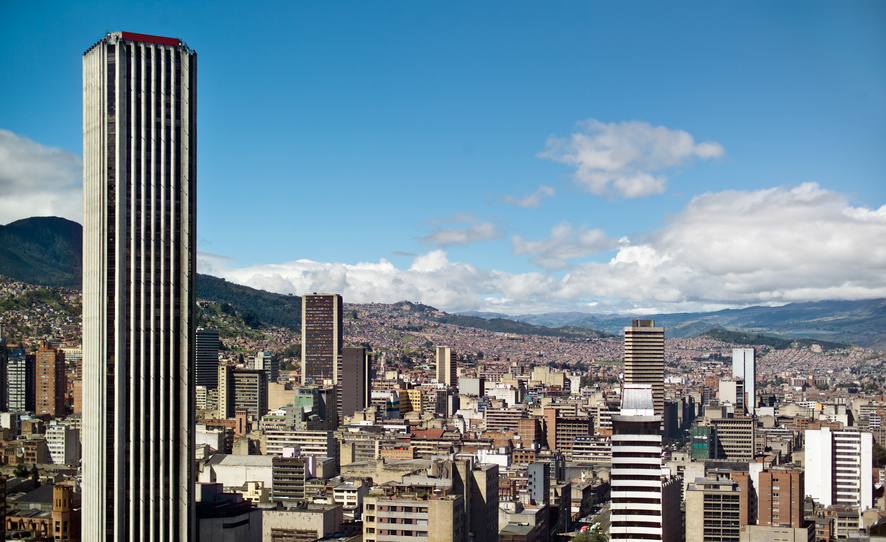In brief
In 2020, MyCC imposed a total financial penalty of RM173 million against the General Insurance Association of Malaysia (“PIAM“) and its 23 members for alleged price-fixing of trade discounts on automotive parts prices and hourly labour rates for motor vehicle repairs by workshops under the PIAM Approved Repairers Scheme (“PARS“) in breach of the Competition Act 2010. PIAM and the general insurers appealed to the Competition Appeal Tribunal (“CAT“). In September 2022, the CAT found that there was no liability on the part of the general insurers and PIAM under the Malaysian Competition Act and unanimously overturned MyCC’s decision.
This case dates back to 2017, when MyCC issued a proposed decision against PIAM and its members alleging an infringement of Section 4 of the Malaysian Competition Act (“MCA“). Following written and oral representations by the parties, MyCC issued its final decision in September 2020 and found that PIAM and its members had entered into price-fixing of trade discounts on automotive parts prices and hourly labour rates for motor vehicle repairs by workshops under the PARS, which MyCC considered was anti-competitive “by object”. MyCC imposed financial penalties amounting to RM173 million on the parties, which at the time of the final decision, was the highest cartel fine ever imposed by the MyCC.
All of the general insurers and PIAM filed their appeals to the CAT, which unanimously overturned MyCC’s decision on 9 September 2022. The CAT was satisfied that there has been a fundamental error in MyCC’s findings and “there is nothing close to a cartel behaviour [sic] found in the facts of this case”.
CAT’s decision has set out some key legal propositions for the rules of competition in Malaysia, including:
- The CAT states that an association that does not engage in commercial activity cannot be held liable under the MCA. Section 4 of the MCA prohibits a horizontal or vertical agreement between enterprises in so far as the agreement has the object or effect of significantly preventing, restricting or distorting competition in any market for goods of services. “Enterprise” is defined as “any entity carrying on commercial activities relating to goods and services…”. As there is no definition of commercial activity, the CAT states that it must be accorded its ordinary meaning. CAT states that PIAM is not an entity that carries on any commercial activity as it does not engage in buying or selling of any goods or services. Therefore, PIAM cannot fall within the definition of “enterprise” in the MCA; and
- Market definition may be required even in “by object” infringements – Section 4(2) of the MCA contains a deeming provision that a horizontal agreement between enterprises to “fix, directly or indirectly, a purchase or selling price or any tradition conditions” shall be considered as having the object of significantly preventing, restricting or distorting competition in any market for goods or services. Generally in most jurisdictions around the world (including in the European Union and the United Kingdom), the primary distinction between restrictions of competition by object vs by effect is that there is no need to examine the actual or potential effects of the agreement on the market in the former. In other words, it would not be a pre-requisite to define the market precisely in “by object” infringements, as these are agreements that by their very nature are considered as seriously anti-competitive, and market definition will only be considered when setting financial penalties. In CAT’s decision, the CAT has agreed with the parties that “there is no such market of part trade discount and labour rate that can be fixed”, suggesting that MyCC will still need to establish the relevant market (at the very least, the rough parameters) in proving “by object” infringements.
This is the second of MyCC’s decisions which has been set aside by the CAT – the first being MyCC’s decision against Malaysia Airlines System Berhad (“MAS”) and AirAsia Berhad (“AirAsia”) for alleged market allocation which was also overturned by the CAT in February 2016. In this case, MyCC filed a judicial review application against CAT’s decision to the High Court. In December 2018, the High Court overturned the CAT’s decision and effectively reinstated MyCC’s original financial penalties imposed on AirAsia and MAS. AirAsia and MAS filed an appeal to the Court of Appeal, which held in favour of AirAsia and MAS and upheld the CAT’s decision. MyCC then filed for leave to appeal to the Federal Court. This matter is now finally settled, as the Federal Court unanimously dismissed MyCC’s application for leave to appeal.
MyCC has stated that it is currently considering its options in the case against PIAM and the general insurers, as the CAT’s decision “may create ambiguity on how the law in relation to anti-competitive agreements made through associations is interpreted”. It would be interesting to see MyCC’s next steps, given that the Federal Court has in the MAS and AirAsia appeal has confirmed the legal position (amongst others) that MyCC is a quasi-judicial body which cannot challenge the decision of its own appellate body.
* * * * *

This client alert was issued by Wong & Partners, a member firm of Baker McKenzie International, a global law firm with member law firms around the world. In accordance with the common terminology used in professional service organizations, reference to a “partner” means a person who is a partner or equivalent in such a law firm. Similarly, reference to an “office” means an office of any such law firm. This may qualify as “Attorney Advertising” requiring notice in some jurisdictions. Prior results do not guarantee a similar outcome.



